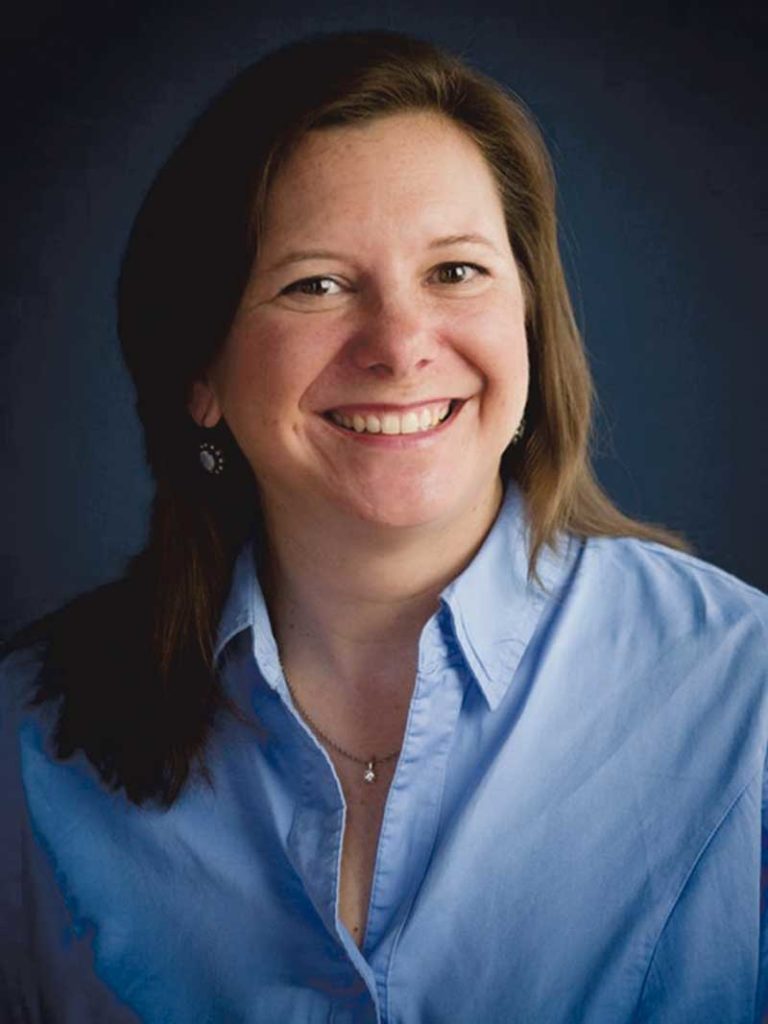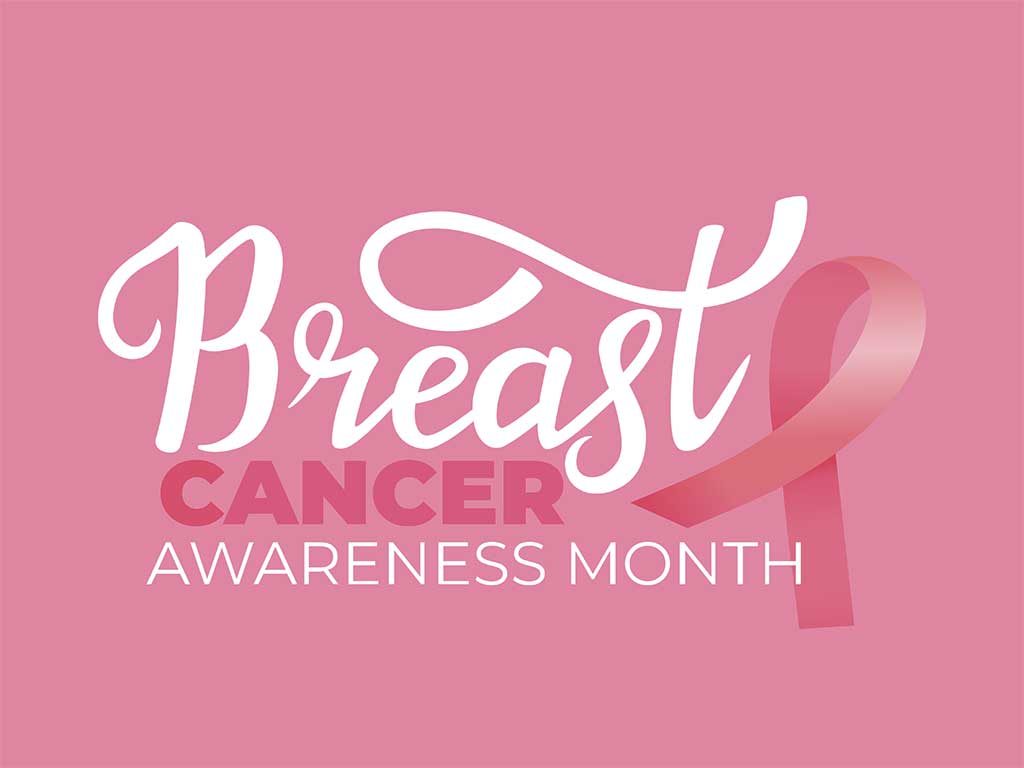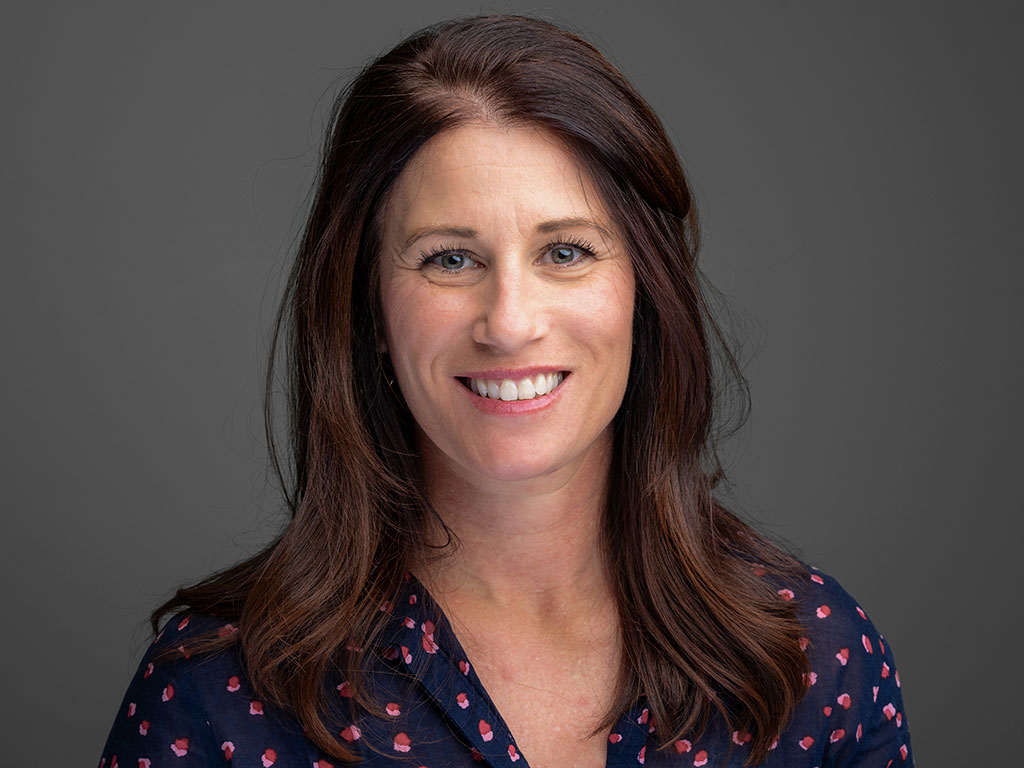By Suzanne A. Hoekstra, MD, FACS

The term “human genome” is used to describe all of the DNA contained in our body’s cells, and a significant amount of scientific research to map it began in the late 1980s. This work, and the decades of research that followed it, unlocked a fascinating tale about how our body works, grows, and responds to damage.
All living things are made up of cells and the DNA and genes contained within them. While we can’t feel it, cells in our body are constantly dividing for a variety of reasons. For example, when we skin our knee, cells divide to replace damaged cells.
Genetic Mutations
Each time a cell divides, the genes within them also divide. Sometimes the genes divide or duplicate themselves improperly, which can lead to a genetic mutation that increases the possibility of a disease like cancer taking hold. We can inherit these genetic mutations from our parents.
There are mutations on different genes that we know can make a person more likely to get cancer. For example, if a woman has a BRCA gene mutation, she is more likely to develop breast or ovarian cancer compared to other women who do not have this mutation. Some of the most common cancers we can inherit from our parents include breast, ovarian, uterine, colon, prostate, and pancreatic cancer.
It’s important to note, however, that not every type of cancer is hereditary. In some families, there can be many who develop cancer without an identified genetic predisposition. In this situation, it is still necessary to counsel family members about their cancer risk because they may still need to consider different screening regimens than the general population.
Breast Cancer Awareness Month

Each October we observe breast cancer awareness month, which serves as an annual reminder about the importance of getting screened. Northern Light Mercy Hospital now has a high risk and genetics program focused on thoroughly assessing patients who may be at high risk of breast cancer to ensure they receive the appropriate testing and screening.
Some of the red flags that might indicate a need for discussion with one of our genetics professionals include the following:
- Personal history of breast cancer diagnosed under age 50.
- History of breast cancer in a male family member or a family member diagnosed under age 45.
- Breast cancer in anyone with Ashkenazi Jewish ancestry.
- Pancreatic cancer, ovarian cancer, or advanced prostate cancer in yourself or your family member.
- Personal or family history of colon cancer diagnosed under age 50.
Please note that this is not an extensive list. If you feel any of these apply to you, you may benefit from an assessment of your personal cancer risk.
My practice at Mercy prioritizes access to care. We see patients who receive an abnormal mammogram or are newly diagnosed with breast cancer within two business days, and we’re conveniently located in the same building as our imaging services, which now includes 3D mammography. To learn more about your risk and options for screening, I encourage you to give us a call or speak with your primary care provider about your individual screening needs.
We’re in this fight together. Knowing what to do and when can save lives.
Content provided by Northern Light Mercy Hospital.





